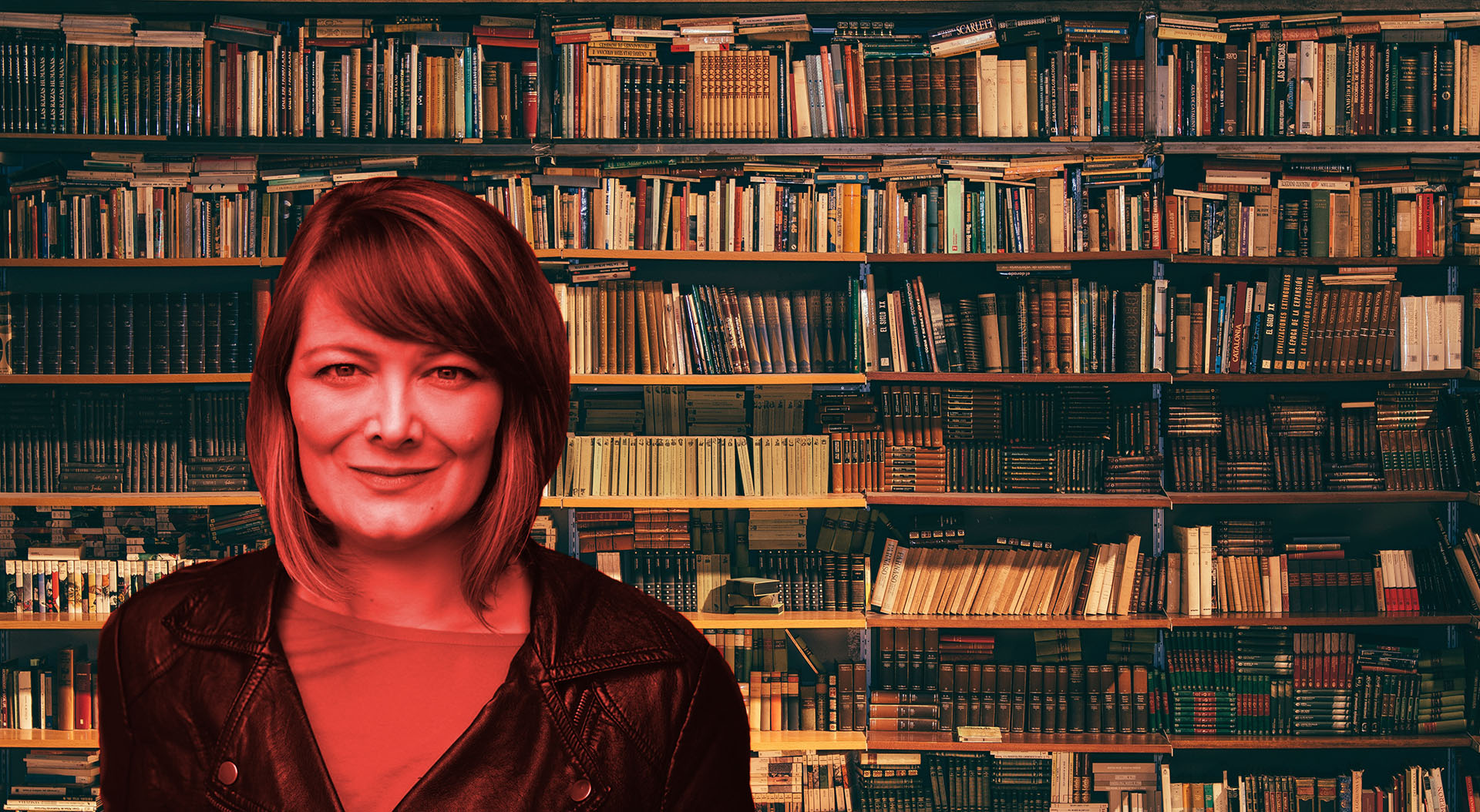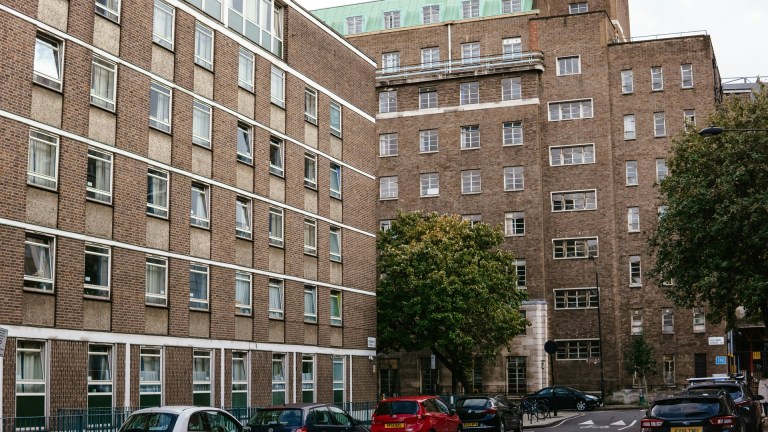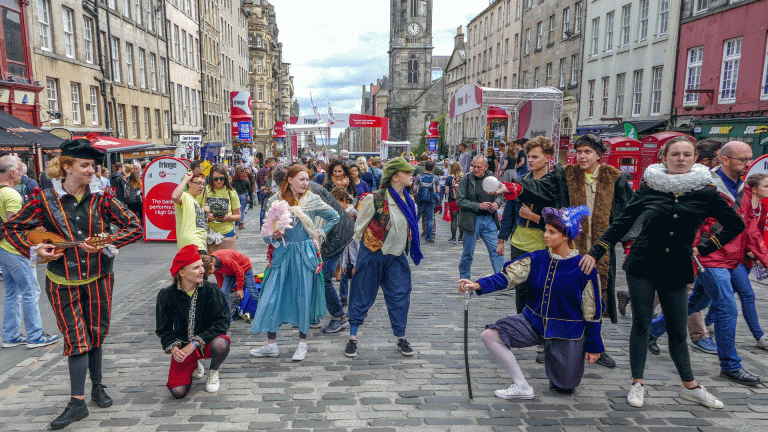It’s the same instant calm each time I go through the doors. More immediate than a glass of white wine on an empty stomach, better than a Xanax. But it’s deeper than that, it’s a feeling of safety that settles softly inside me. I’m talking about walking into a library. My whole life, whatever has been happening, wherever I’ve been in the world, I’ve walked into a library and, at least for that moment, everything has been OK.
Part of writing Lowborn is exploring what factors enable a child with a background like mine to survive, perhaps even thrive, in adulthood. For me, one of the most essential factors was libraries. When I was little and we shared a room in B&Bs, my single-parent mum, living on benefits, had somewhere warm, free and entertaining to take me. And when we suddenly moved to yet another new town with few possessions and no money, there was still always the comforting familiarity of a library, those books that were all my own for a full week.
In my early teens their role became even more vital: always the new girl with the weird accent and cheap, wrong clothes, I was bullied every single day of secondary school. I loved learning, I craved the approval and stable influence of my teachers but I spent lessons trying to ignore girls spraying Impulse all over me because I “stank of shit” or stabbing pencils into my back. School was never what it should have been to me and home life, sometimes a sanctuary and sometimes a storm, was complicated too.
But I could always go to the library. There, I was always welcome, I could hide behind a book, wait until the words weren’t blurred by tears, and take myself somewhere entirely different, where endings were usually happy and people behaved like you hoped they might.
I visited the library with hangovers crafted by Satan himself, in last night’s clothes, the sweat of strangers sticking to my skin. But I still went to the library.
I wasn’t a shy, studious bookworm though, far from it. In my late teens I slipped. I slipped out of school before taking GCSEs, towards a crowd 10 years older than me and into repetitive nights of booze, strange men and shady situations. By 17 I’d slipped so far I was ready to plummet. I visited the library with hangovers crafted by Satan himself, in last night’s clothes, the sweat of strangers sticking to my skin. But I still went to the library. I still read piles and piles of books that made me want to see other places, do other things, be all the other possible versions of myself I read about on those pages. The library was magic, suspended from real life and people’s assumptions of how little I was worth. Access to that, to those words, anchored me enough to get the footing I needed to start making my own path away from the brink, towards today.
I’ve lost count of the writers who also credit libraries as the reason they are where they are now. Joanna Cannon, author of the Sunday Times bestselling debut novel The Trouble with Goats and Sheep told me, “Everything I have done, and everything I am, is down to that brown, cardboard library ticket.” Award-winning, young adult author Juno Dawson states that, “Bingley Library moulded me into a writer. Working-class, transgender kids, statistically probably aren’t meant to end up where I have and that’s in part due to the social mobility libraries and reading allowed me.”









